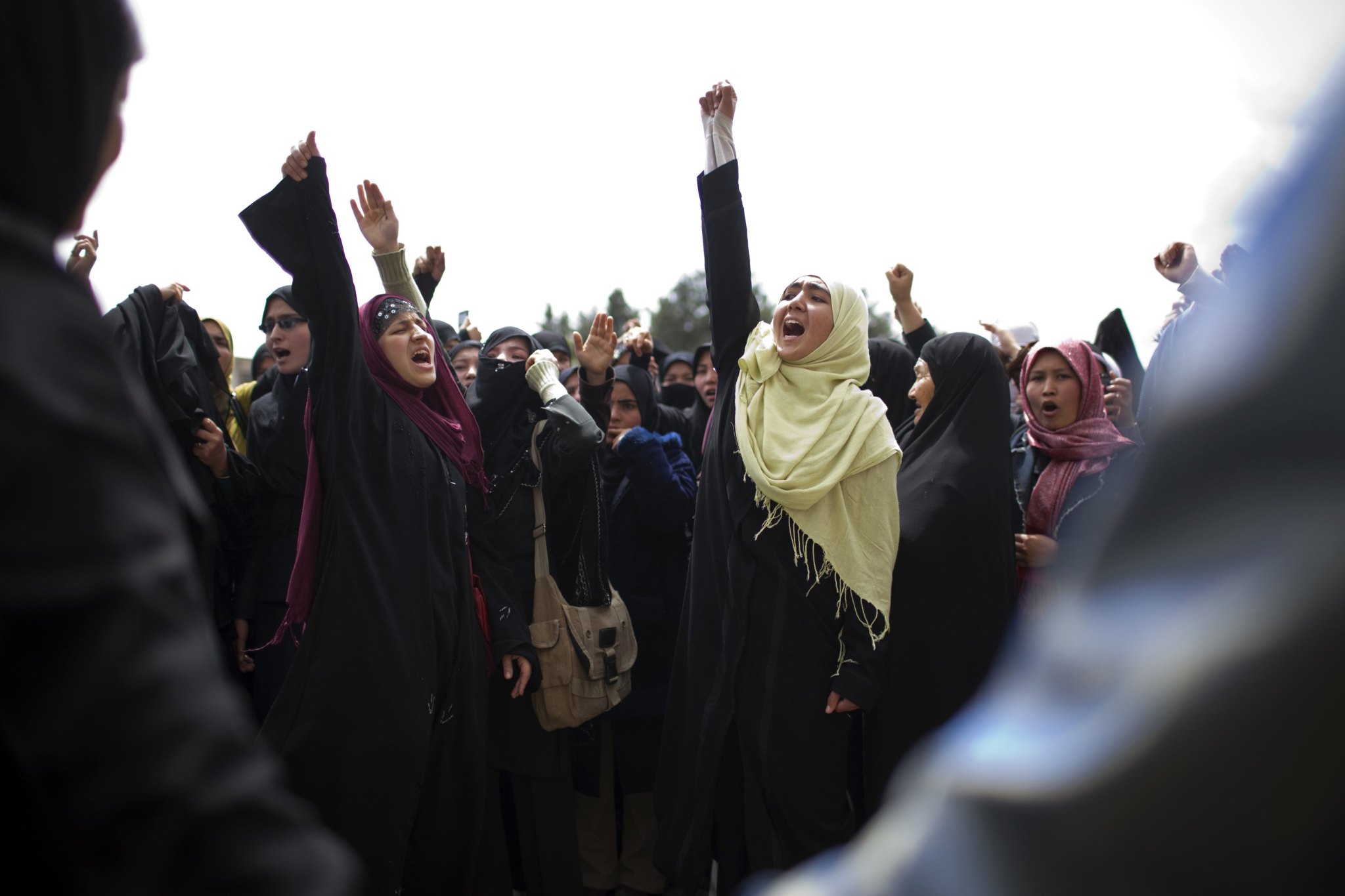
2021 brought many challenges, from the ongoing pandemic to the rise of authoritarian leaders. However, people around the world showed that democracy cannot be defeated, even in the face of the strongest opposition. In Cuba, we saw masses of people stand up and demand change across the island. In Belarus, activists relentlessly fought back against the oppressive Lukashenko regime. IRI continues to practice unwavering support for these courageous democracy leaders.
Here is a look back on some of the work IRI and its partners accomplished this year.
Anti-corruption
Corruption continues to cast its dark shadow around the world. This was especially highlighted with the exposure of the Pandora Papers in October. These papers included approximately 12 million documents spanning across 91 countries, proving that hundreds of officials were engaged in corrupt activities. Specifically, in countries like Iraq, citizens consider corruption a leading problem in government. From Iraq to Egypt, corruption has time and time again proven to lead to civil unrest. IRI recognizes the threat of corrupt leaders and has developed an Evidence Briefer for Best Practices for Working with Governments on Anti-Corruption. This briefer contains evidence-based solutions for public institutions to effectively combat corruption.
Open Government
In October 2021, IRI and the Open Government Partnership (OGP) signed a Memorandum of Understanding in light of the work they do together around the world to advance democracy. Their joint efforts cover topics such as anti-corruption, digital governance, and citizen engagement. Together, the two organizations co-hosted a series of virtual workshops for civil society organizations, including one that brought over 50 participants in September 2021. Most recently, in December, IRI participated in the OGP Global Summit in Seoul, which focused on the commitments made and implemented over the past decade.
Transparency
In the fight for democracy, transparency is key. From programs to playbooks, IRI is committed to fostering transparency in new and developing democracies. In March, IRI Georgia released a report of findings from the 2020 Technical Election Assessment Mission conducted around the parliamentary elections. The report shows that these elections were more transparent than previous contests.
Combating misinformation is at the forefront of creating a more democratic political environment. In September, IRI, in partnership with the National Democratic Institute (NDI), released A Playbook for Elections and Beyond that laid out three how-tos:
- Identify ongoing information manipulation campaigns
- Develop real-time and short-term responses
- Build long-term resilience to information manipulation
Accountability
Citizen engagement with their government is the foundation of a successful democracy. Citizens holding their government officials accountable is a key part of this engagement. For this reason, IRI published a Constituent Engagement Guide in June. This guide helps policymakers better connect with their constituencies, from casework to social media. The next month, in July, IRI released a focus group report on North Macedonia’s undecided voter population. From this report, characteristics of a “successful” mayor were identified, but all characteristics involved accountability. It is clear that undecided voters desire a mayor who is honest, communicates well, and implements citizen-centered policies, which are all tenants of an accountable leader.
***
The past year saw both threats and commitments to good governance around the world. Despite the ever-changing geopolitical landscape IRI remains committed to promoting free and fair political systems wherever they’re desired. As we enter 2022, we look forward to continuing our mission to advance democracy worldwide.
Top